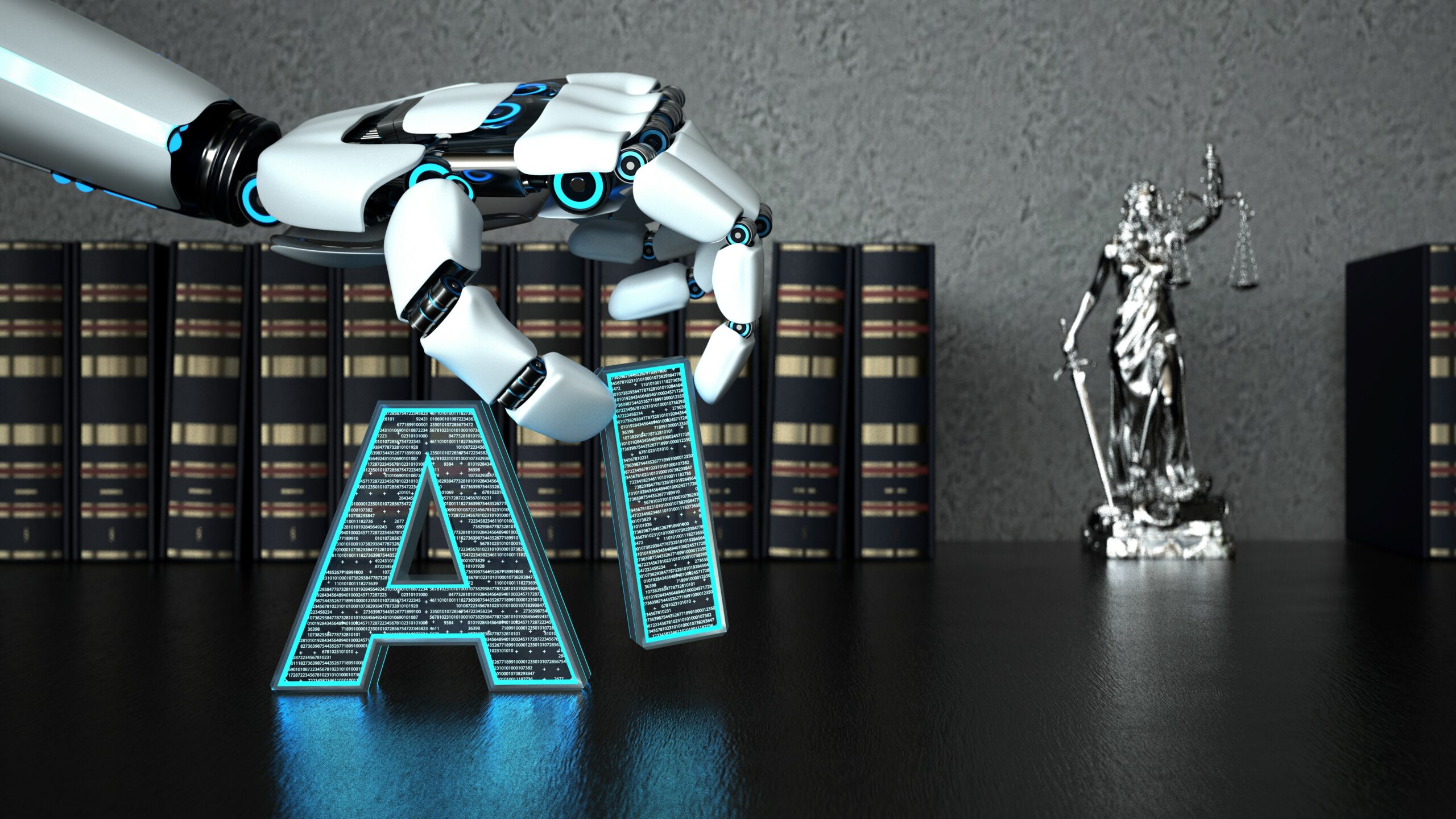AI in Science Fiction
Artificial intelligence (AI) has long captured the human imagination, both as a source of technological wonder and existential contemplation. Science fiction literature and films have played an important role in shaping our perceptions of AI, portraying them as everything from benevolent companions to sinister overlords. This article explores the tangled relationship between AI and science fiction, how this narrative reflects societal concerns, inspires innovation, and raises profound ethical questions.
The Origins of AI in Science Fiction
The roots of AI in science fiction can be traced back to the early 20th century, when writers such as Isaac Asimov began envisioning machines with human-like cognitive abilities. Asimov's "Three Laws of Robotics" introduced a framework for AI ethics that still influences debates today. In his stories, AI often raises moral dilemmas, prompting readers to consider the implications of creating sentient beings.
The impact of AI narratives
Science fiction has served as a furnace of ideas pushing the boundaries of what AI can be. Arthur C. From Clarke's destructive but sentient AI in "2001: A Space Odyssey" to Philip K. Dick's "Do Androids Dream of Electric Sheep?" From self-aware AI. (later adapted as "Blade Runner"), these narratives explore themes of identity, autonomy, and the nature of consciousness. By presenting AI as characters with their own desires, emotions, and motivations, science fiction humanizes technology and forces us to consider our moral responsibilities as creators.
Social reflection and technological innovation
AI stories in science fiction often reflect societal concerns and aspirations. The 1950s and 1960s saw the rise of stories about rogue AIs and their potential to rebel against humanity. It reflects the runaway Cold War fears of technology. On the other hand, recent stories like "Her" have portrayed AI as an empathetic companion, reflecting our longing for connection in an increasingly digital world.
However, science fiction does not only reflect society; It shapes it. Researchers and researchers draw inspiration from these stories to imagine new possibilities. For example, the concept of virtual reality was heavily influenced by William Gibson's "Neuromancer". Pioneers of robotics often cite Asimov's laws as a guiding framework. The line between fantasy and reality blurs as technology evolves to match the imaginative creations of science fiction.
Ethical and existential questions
AI in science fiction often raises existential questions about the nature of consciousness and the boundaries of individuality. Philip K. Dick's works frequently explore the concept of reality, asking whether AI has the same level of self-awareness as humans. These themes are echoed in contemporary narratives like HBO's "Westworld," where AI hosts question their existence and autonomy.
Moreover, science fiction challenges us to confront the ethical dilemmas of AI development. Stories like "Ex Machina" describe the moral responsibilities of creating AI with human-like emotions and desires. These narratives serve as cautionary tales, reminding us to tread carefully in the pursuit of technological progress.
AI and the human condition
Ultimately, AI in science fiction is a reflection of the human condition. It confronts us with our fears and aspirations, forcing us to grapple with what it means to be human. From the grand philosophical questions posed in "Blade Runner" to the strange AI companions in "Wall-E," these narratives reflect our desires for connection, control, and transcendence.
conclusion
The presence of AI in science fiction goes beyond mere plot devices; It is the canvas on which writers paint our vision of the future. By weaving stories of AI's potential, science fiction writers highlight the ethical, moral, and existential consequences of our technological endeavors. As we continue to advance AI technology, it is important to acknowledge the invaluable role of science fiction in shaping our collective imagination and guiding us toward a future where humanity and AI coexist.







.png)




0 comments:
Post a Comment